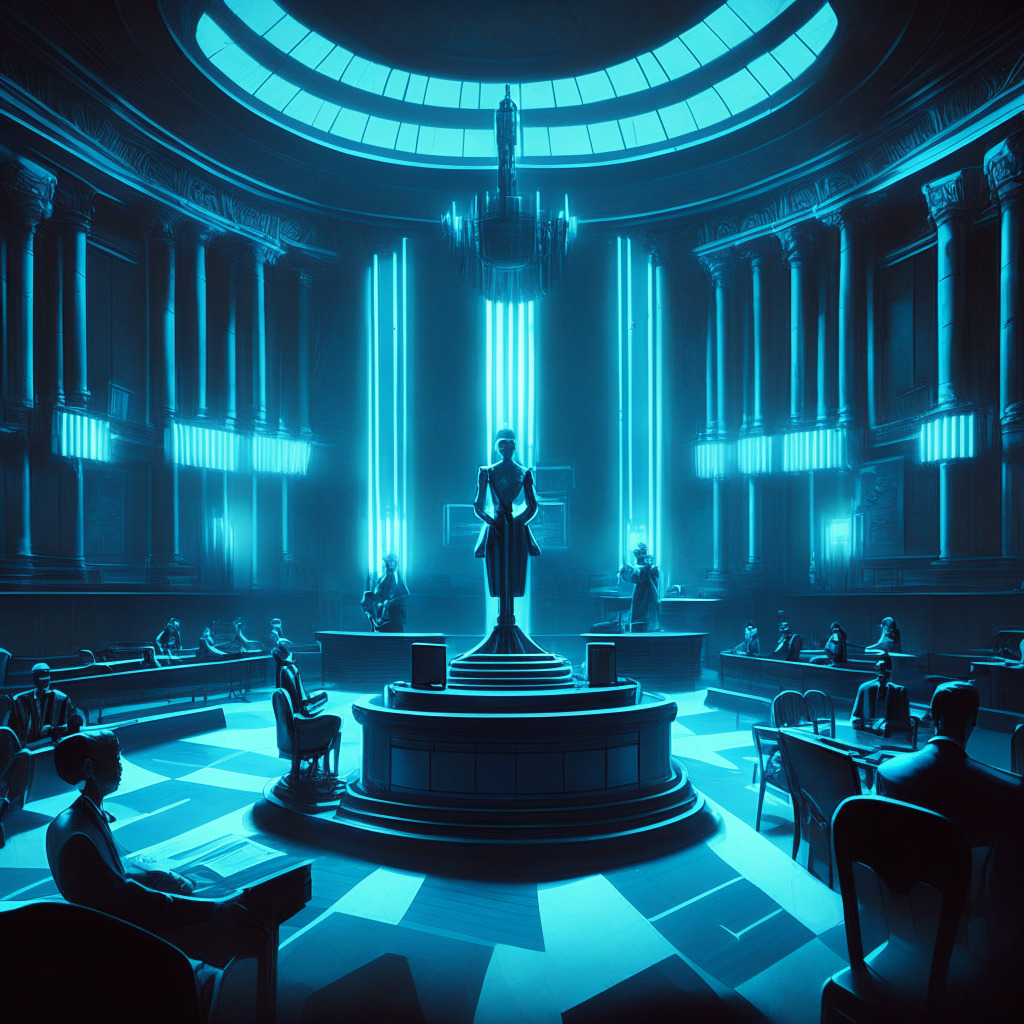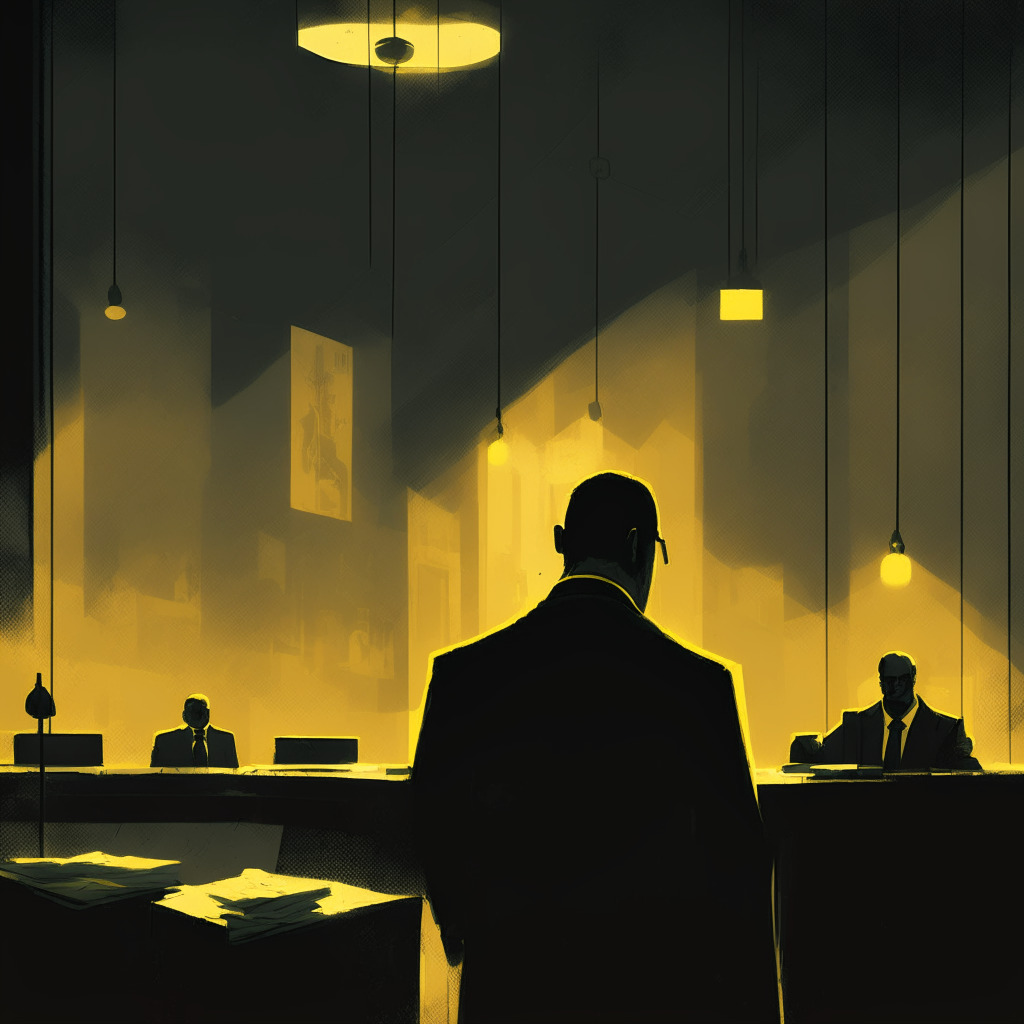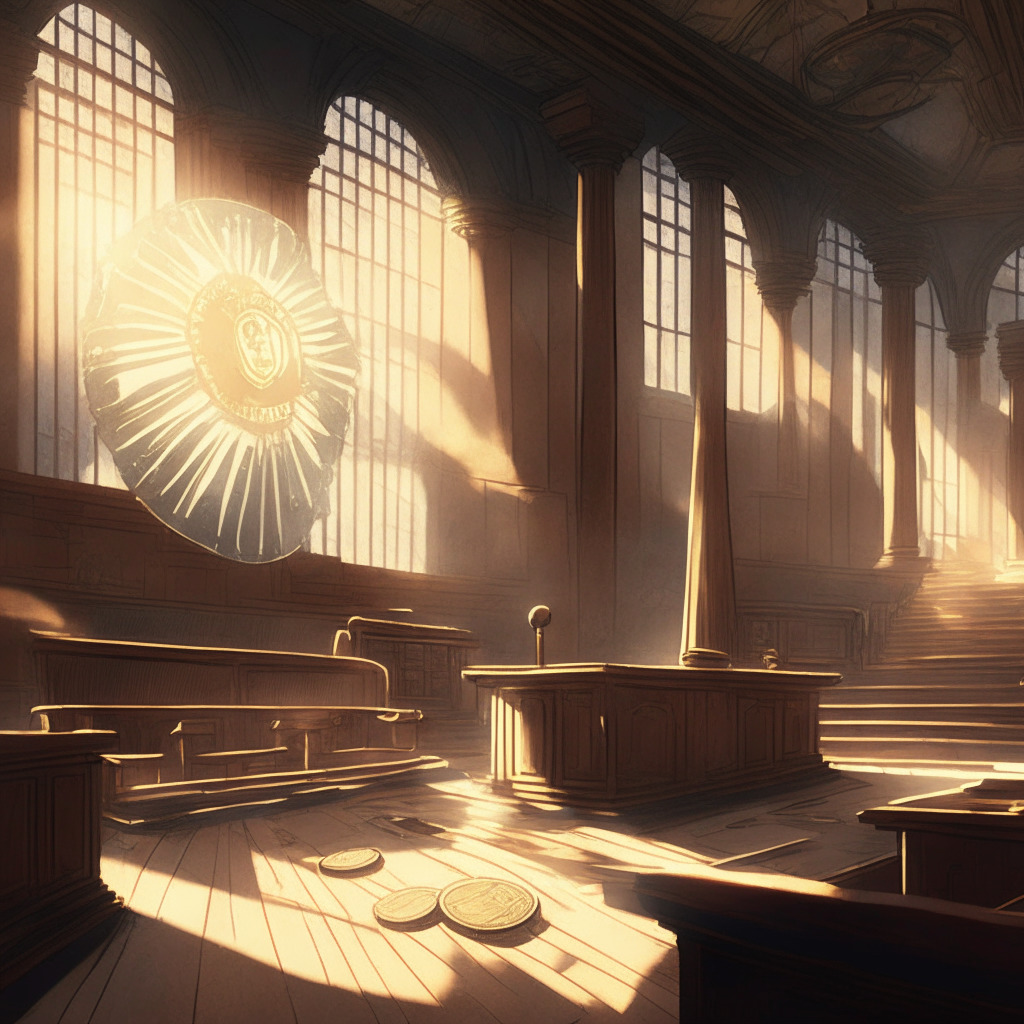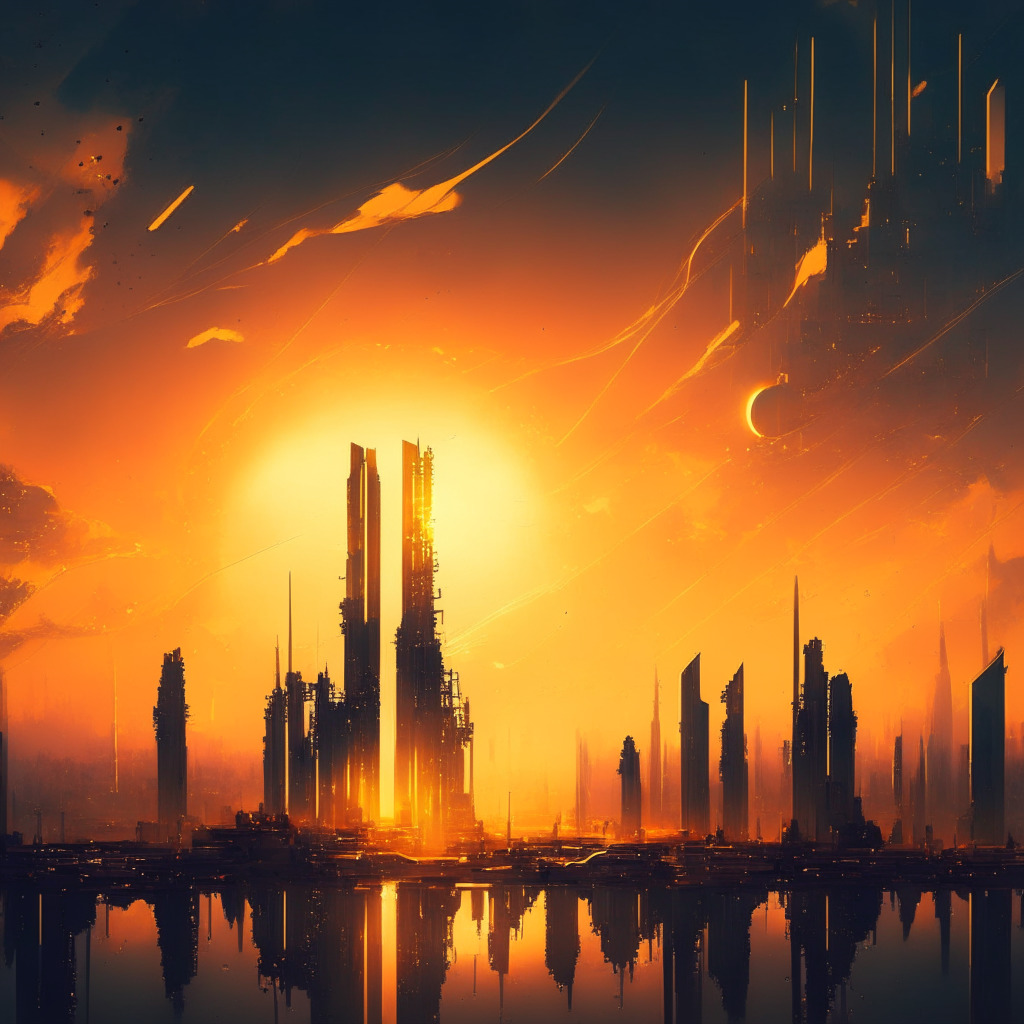In a time brimming with groundbreaking technological advancements, regulation often lags, struggling to devise effective policy around new landscapes. The United States Copyright Office recently issued a notice of inquiry on artificial intelligence (AI), seeking input on the copyright issues sprouting from the meteoric advances in generative AI models like OpenAI’s ChatGPT and Google’s Bard.
The Copyright Office’s central concerns hinge on the employment of copyrighted works to train AI and the legal lines around AI-generated content. AI’s ability to imitate and even mimic personal elements of human artists is touted as another pressing issue The Copyright Office is aiming to untangle, seeking a broad spectrum of insights until October 18.
This quest for insight occurs against a complex backdrop, as the AI field contends with a whirlwind of regulatory questions at a global scale. While some regions like the EU have enacted policies to protect citizen privacy and limit corporate usage of data, copyright material’s usage to train AI remains a largely unexplored avenue.
Perhaps the most visible struggle in this arena is within the media industry, who grapple with emerging AI systems manifesting the potential to imitate creators and artists’ work. News giants, like The New York Times, have taken proactive measures, blocking AI companies seeking to train their models on their data, an issue that extends beyond journalism circles.
Notable figures from the entertainment industry, such as comedian Sarah Silverman and authors Christopher Golden and Richard Kadrey, have initiated legal action against OpenAI for allegedly training AI models on copyrighted material without owning or creators’ consent. Six artists so far have leveled lawsuits against OpenAI, citing unlicensed use of their work.
There exist also more abstract concerns not limited to copyright territory. The phenomenon of misalignment, where AI objectives may contradict human welfare, and the amplification of misinformation comprise such issues currently under investigation. These are far-reaching questions that cut across the social fabric, for which answers remain elusive.
In an effort to shape the discourse around these concerns, the U.S. government has been interacting with stakeholders from the AI community. One such imminent interaction will be a private meeting involving top-tier executives such as Elon Musk, Sundar Pichai, Sam Altman and Satya Nadella.
So, as we stand today, the conversation around AI, copyright and regulatory implications is enmeshed in matters of ethics, transparency, and surveillance, all converging together to denote an industry at the crossroads. With both opportunities and challenges burgeoning simultaneously, the next commentary shipment shared with the US Copyright Office will most certainly influence our shared digital future.
Source: Cointelegraph




